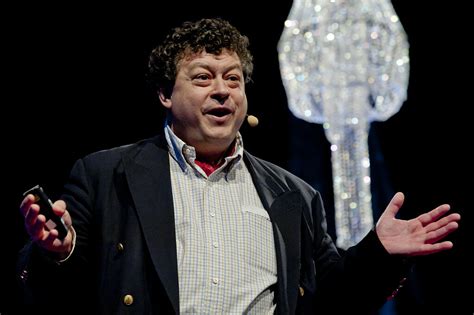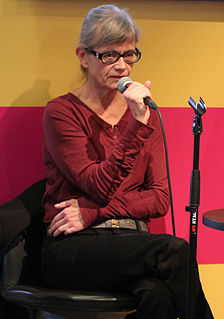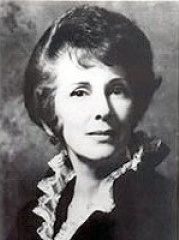A Quote by Martin Amis
All the things we value in society don't mean much in fiction.
Related Quotes
When you're not doing fiction, there's a limit to how much illustrating you can do with your work. I mean, you can do fine. There are great non-fiction writers, but people aren't necessarily going to say anything that reveals them as much as a picture might. Even their surroundings, in lot of cases, the things that meant the most to me were the things I noticed in their houses. I was always looking, as much as I was listening to them. I was looking around for clues as to why I was there.
It's not fiction's job to be photographically representative of reality. If I want to make a fictional world where there's no kindness, this doesn't mean I believe there's no kindness in the real world. In fact, what it may mean is that I very much value kindness. Like if you make a painting in which only greens are allowed, it wouldn't mean you don't believe in blue.
I don't mean you disregard every rule of your community. I don't go around naked, for example. I don't run through red lights. The little things, I can obey. But the big things- how we think, what we value- those you must choose yourself. You can't let anyone-or any society- determine those for you. ' -Morrie Schwartz
We must show that liberty is not merely one particular value but that it is the source and condition of most moral values. What a free society offers to the individual is much more than what he would be able to do if only he were free. We can therefore not fully appreciate the value of freedom until we know how a society of free men as a whole differs from one in which unfreedom prevails.
I really need to know where I'm going with fiction to write it in a way that at least I'm happy with. And I really think that a lot of fiction books end badly because terrific writers said, "I'll just figure it out" and plunge in, but have created so many problems that they are kind of impossible to solve. I mean, I'm talking really good writers do this and you can tell when they got to the end they either had to do something preposterous or they just don't really resolve things. So for fiction I spend a lot more time outlining and for humor I really don't do much of it.
The classics of Marxism talked of communism as a society to which a modern society should aspire, a society truly fair, where the relations of monetary exchange were not the priority but one wher the people's needs could be satisfied, and where people would not be worth more according to how much monetary wealth they acquired. Instead their value would be based on their contribution to society as a whole. It would be a society without class that would accept people based on their capabilities and their potential to contribute to that society.
Our society and our organizations have learned to value masculine, 'quick-fix' traits in leaders. In a primitive society, a rural society, or even the industrial society of the early 1990s, quick fixes worked out all right. But they are less likely to work in a complex society. We need to look at long-range outcomes now. Service and patience are what can keep things running effectively today and women can contribute a lot in both of these areas.







































